A Guide to Choosing a Nursing Home for Seniors
You may be emotional about moving your senior parent, uncle, or aunt to a nursing home. But know that you are not alone. Moving older family members to a nursing home because of factors like their de...

Energy loss for the elderly can affect their overall quality of life by decreasing their ability to do activities during the day. As a registered dietitian with over a decade of experience working with older adults, I can say It’s important to eat energy-producing foods throughout the day to promote brain health, physical health and mental health.
Here you will find a list of our best foods for senior energy that are easy to fit into your diet to improve your energy levels and improve your quality of life!

Energy needs change as we age, though many people think that we need to reduce the amount of calories that is in fact not true. Depending on your health conditions you may actually need more calories to maintain body weight, reduce malnutrition risk, and maintain muscle.
Many seniors have multiple health conditions such as Diabetes, Hypertension, COPD, among others, that require a healthy diet and at times high energy foods.
To address these challenges, it’s crucial for seniors and their caregivers to focus on diets that are rich in fruits, vegetables, lean proteins, and whole grains foods that provide substantial nutrients without excessive calories.
Taking the time to understand these dietary needs and the impact of aging on metabolism and energy levels can guide seniors in making informed choices about their health and diet, ultimately helping them maintain higher energy levels and a better quality of life. Energy-rich foods play a pivotal role in combating the natural decline in metabolism and muscle mass, also called Sarcopenia that comes with age.
High energy foods provide carbohydrates that can aid in producing energy by providing glucose to the cells. Glucose is a nutrient that our body uses for us to do our daily activities of living.
Incorporating these into your daily diet during meals and snacks can help to provide a constant supply of energy to your body and mind.
The following list will help you to build nutritious energy foods for elderly into their daily and weekly diet.
The list of energy boosting foods can be worked into your meals and snacks to help you to meet your energy needs! Select some from each category to help you build healthy meals to keep you going throughout the day.
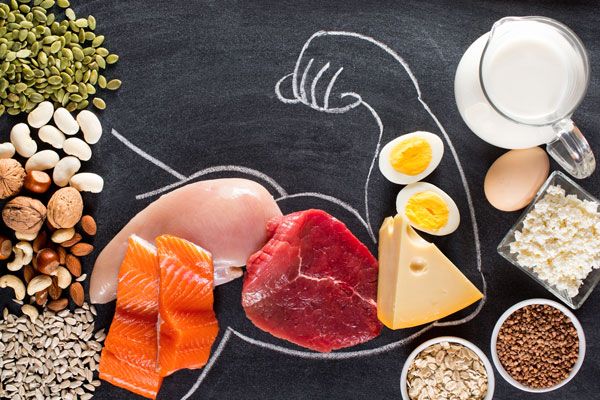
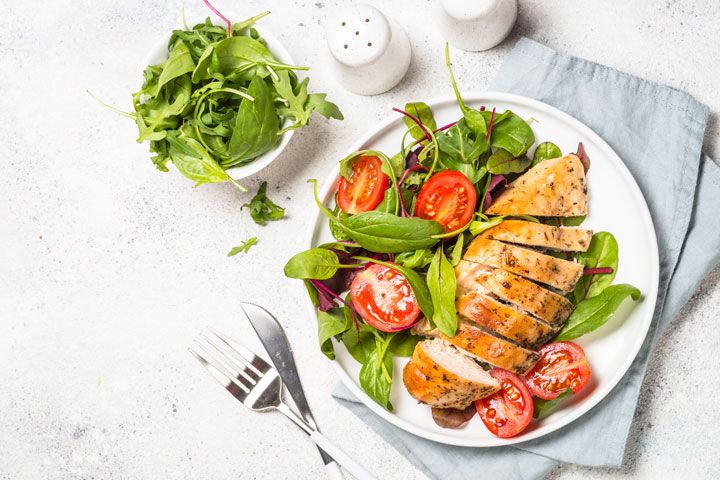
2. Eggs: Packed with high-quality protein and essential amino acids, eggs are great for sustained energy and supporting muscle health.
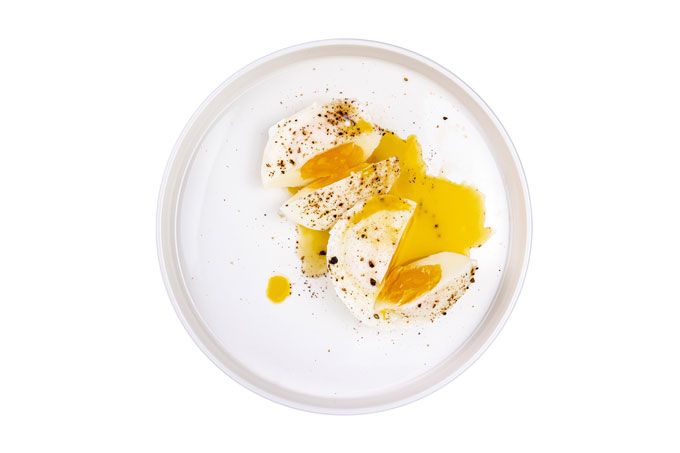
3. Beef: Rich in protein, iron, and B vitamins, beef helps to increase stamina and rebuild muscle.

4. Peanuts: A good source of healthy fats, protein, and energy. They also offer fiber which helps in prolonged energy release.
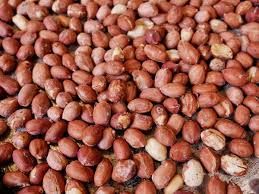
5. Chickpeas: High in protein and fiber, chickpeas are excellent for energy and help stabilize blood sugar levels.
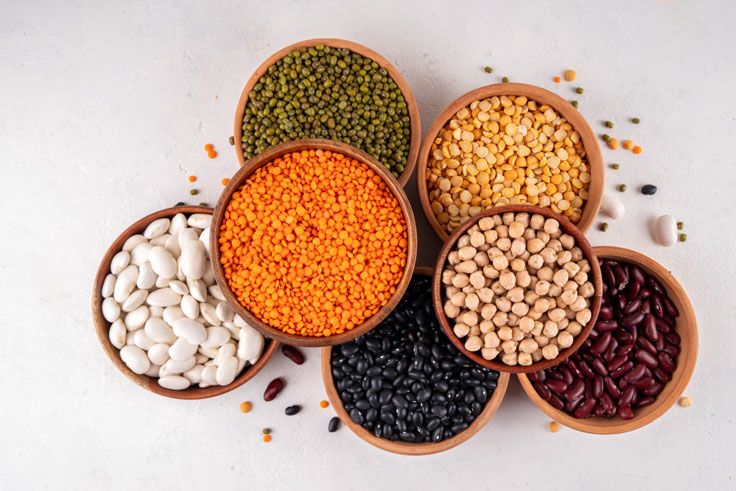
6. Lentils: Provide plant-based protein and fiber, promoting stable energy levels and supporting muscle function.
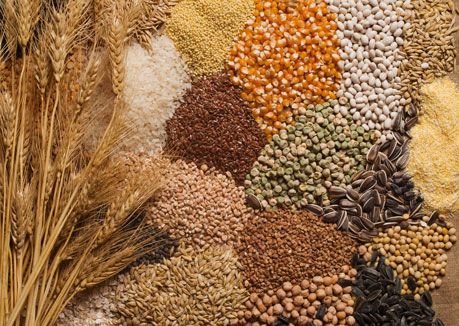
7. Fish: Generally rich in omega-3 fatty acids and protein, fish aids in heart health and muscle recovery.
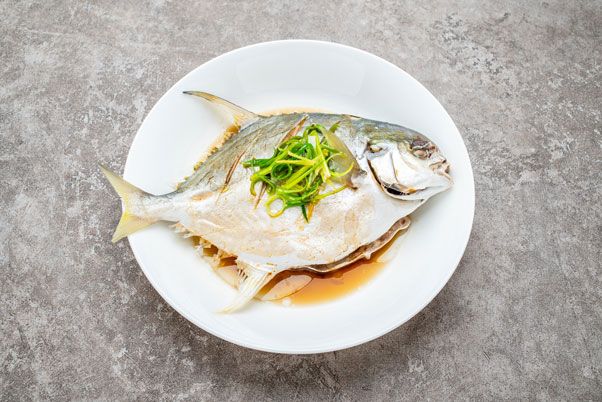
8. Salmon: Especially high in omega-3 fatty acids and protein, salmon boosts energy and supports overall health.
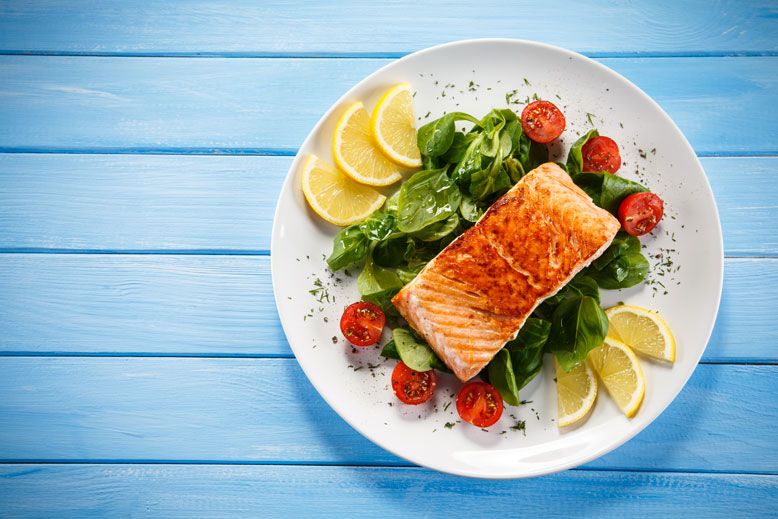
9. Pork: Offers high-quality protein and essential amino acids necessary for muscle growth and repair.
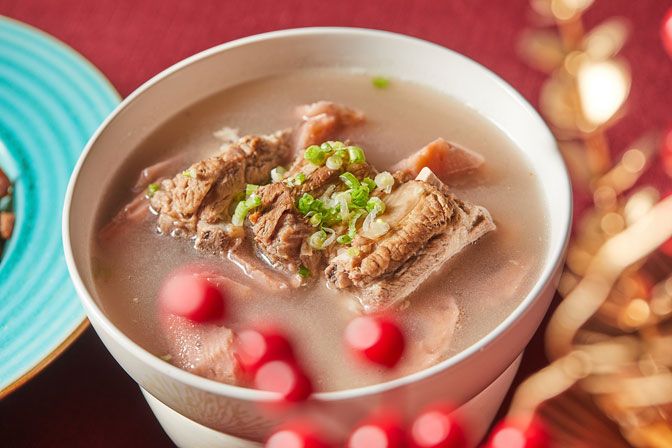
10. Peanut butter: Contains healthy fats and protein, making it a great option for sustained energy supply.
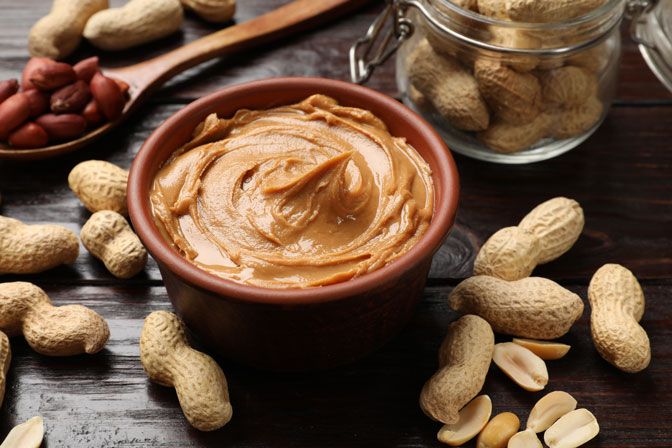
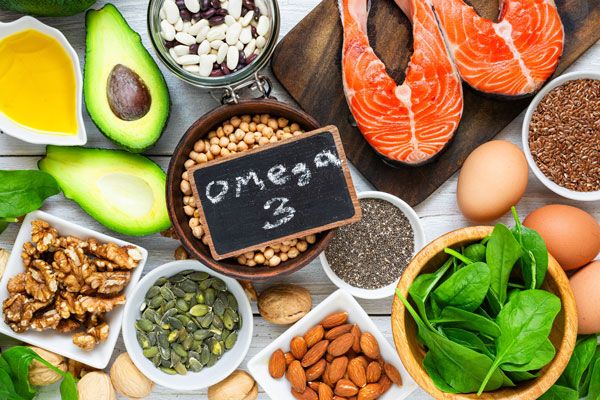
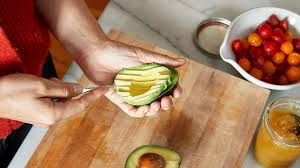
2. Peanut butter: Again, great for healthy fats and protein, supporting long-lasting energy levels.
3. Flax seeds: Rich in omega-3 fatty acids and fiber, flax seeds help in maintaining energy levels and promoting digestive health.
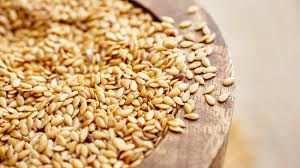
4. Chia seeds: Packed with omega-3 fatty acids, fiber, and protein, they are excellent for energy and maintaining endurance.
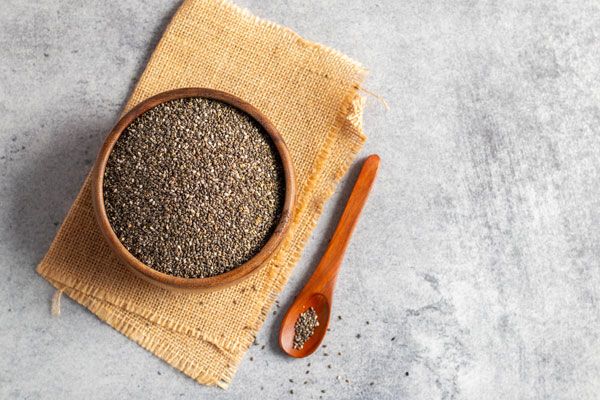
5. Almond butter: A good source of protein, healthy fats, and fiber, almond butter provides a steady energy release.
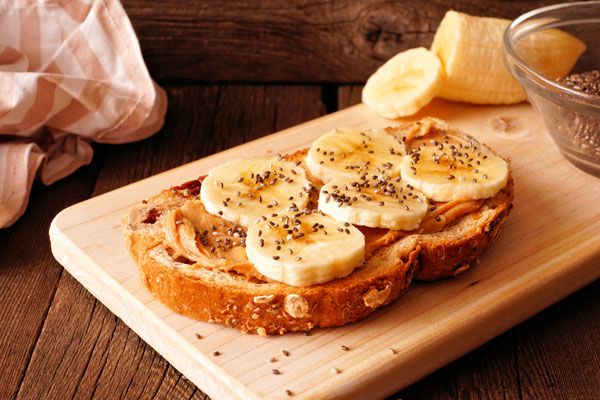
6. Cottage cheese: Low in fat but high in protein, it’s great for muscle maintenance and long-lasting energy.
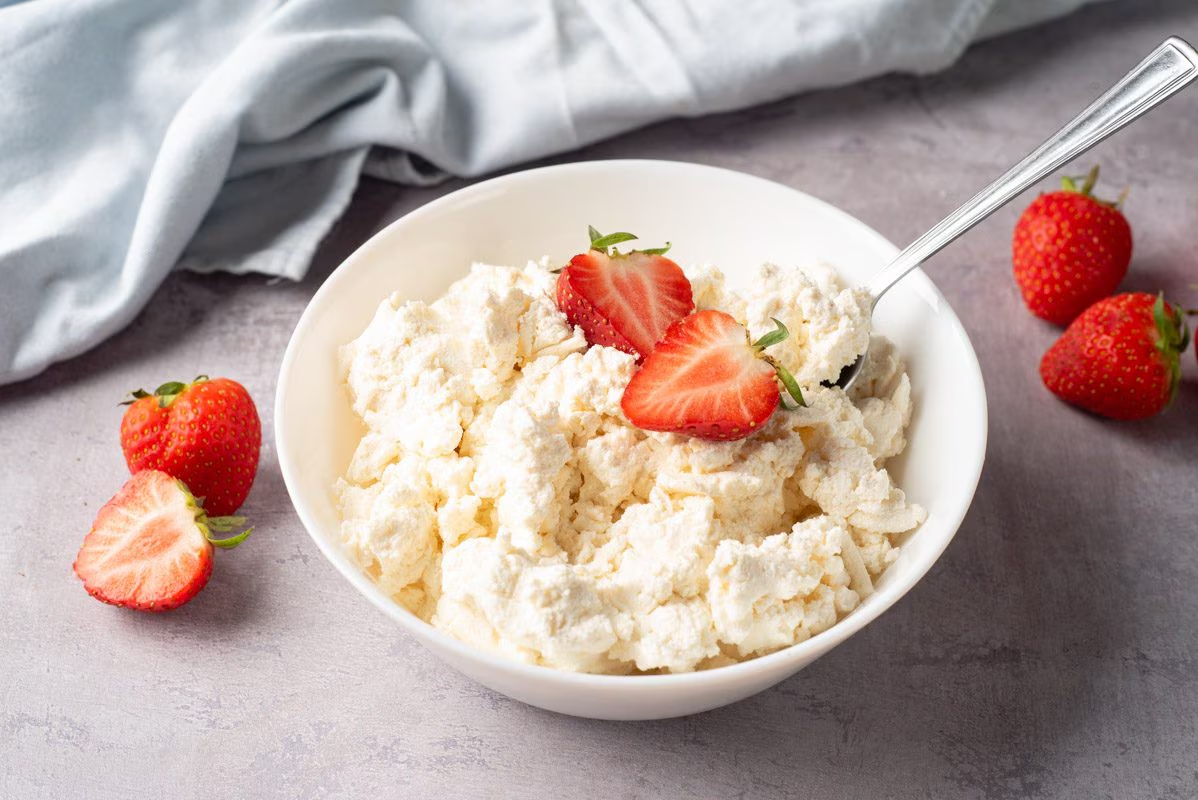
7. Cheese: Provides calcium, protein, and fatty acids, helping to sustain energy throughout the day.
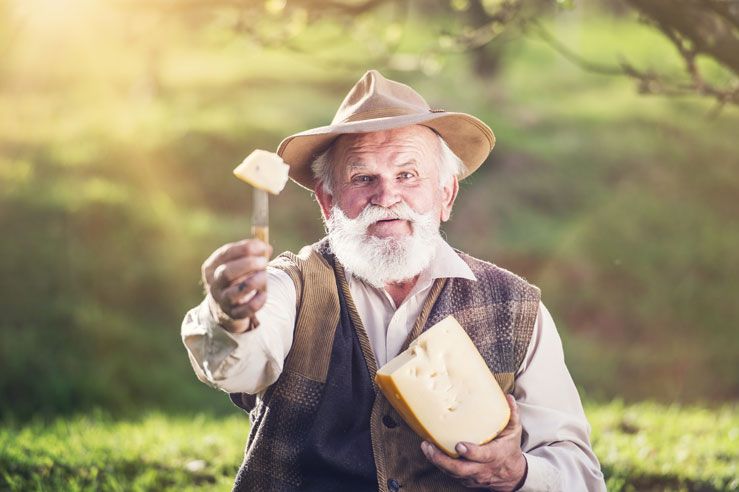
8. Feta cheese: Lower in calories but rich in protein and calcium, ideal for a quick energy boost.
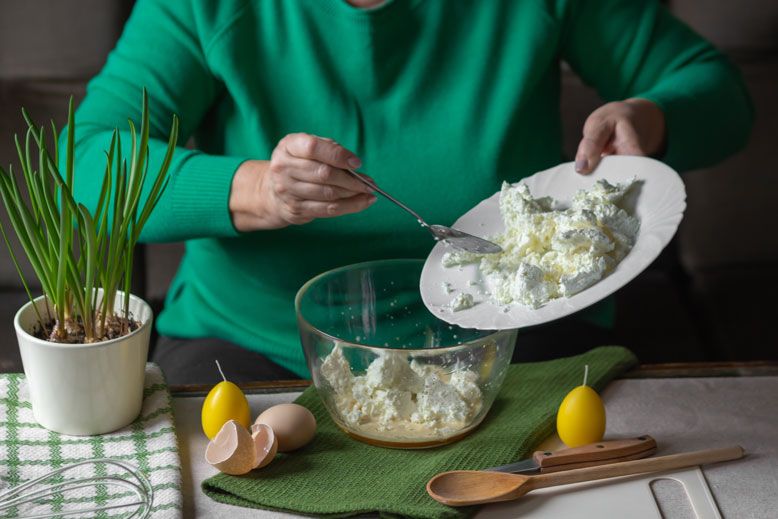
9. Olive oil: Rich in healthy monounsaturated fats, olive oil supports energy production without spiking blood sugar.
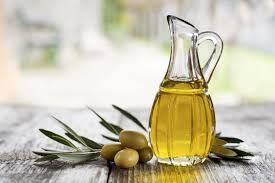
10. Canola oil: Contains omega-3 and omega-6 fatty acids, promoting heart health and sustained energy levels.
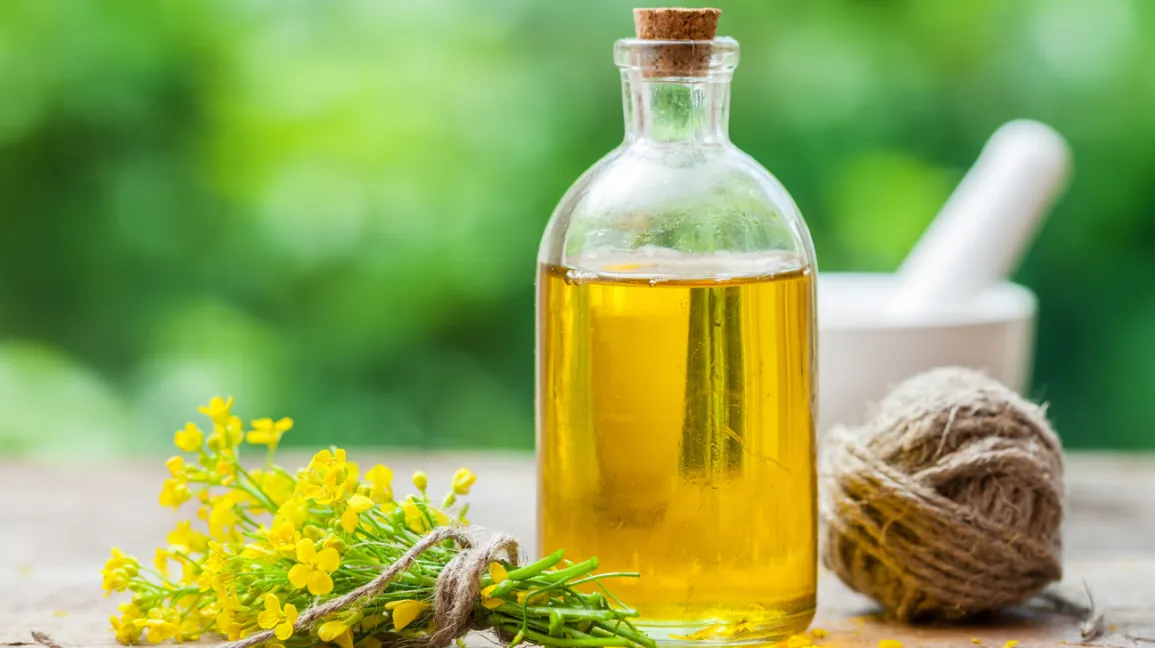
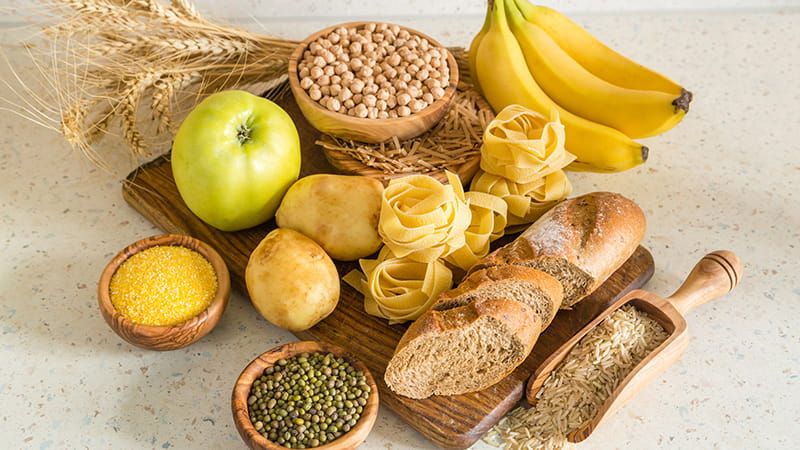
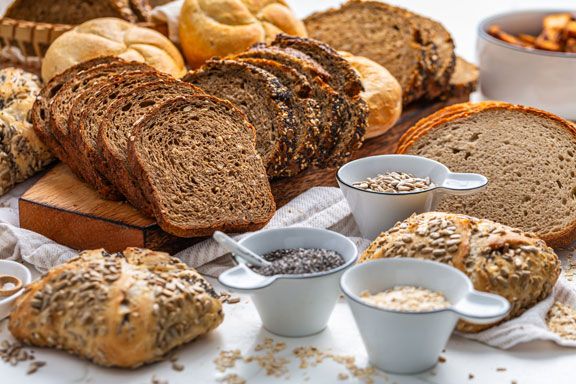
2. Pasta: Provides carbohydrates for quick energy. Opt for whole-grain options for more sustained energy delivery.
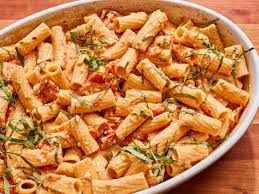
3. Brown rice: A whole grain that’s rich in fiber, helping in energy stability and fullness.
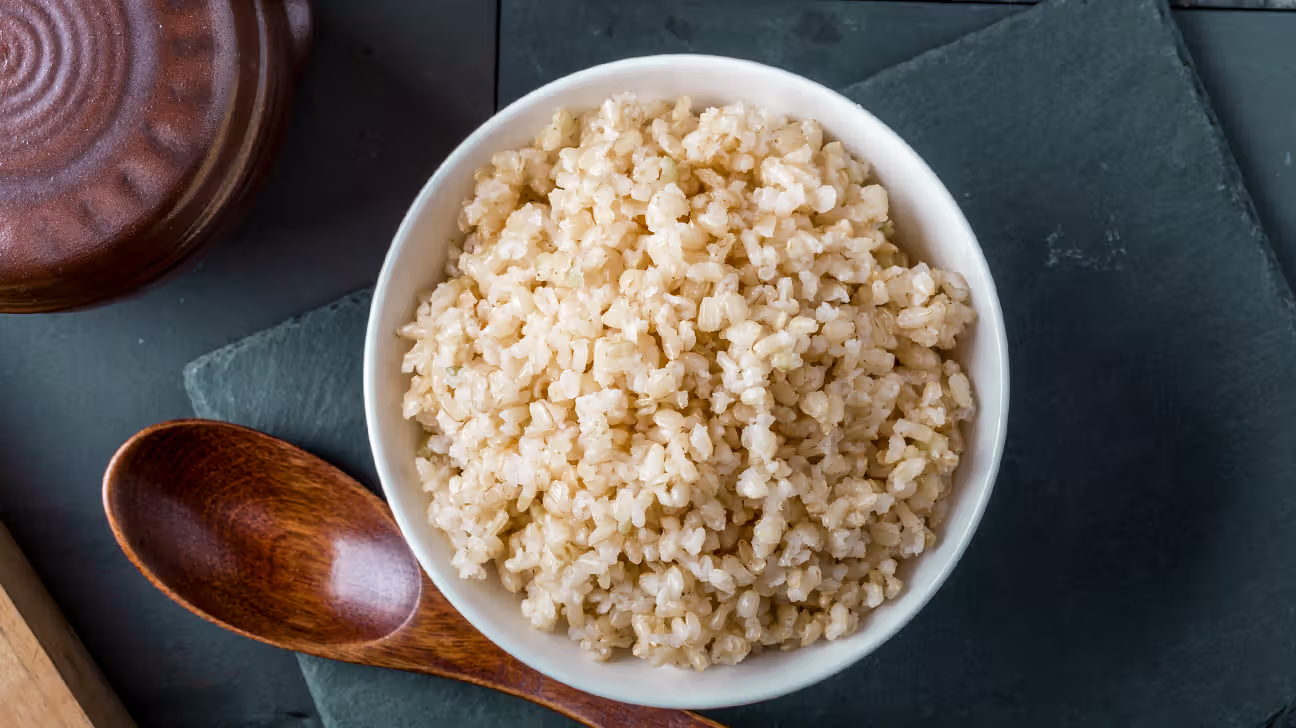
4. Orzo: A small pasta that’s easy to digest, providing quick energy and can be a good base for nutritious meals.
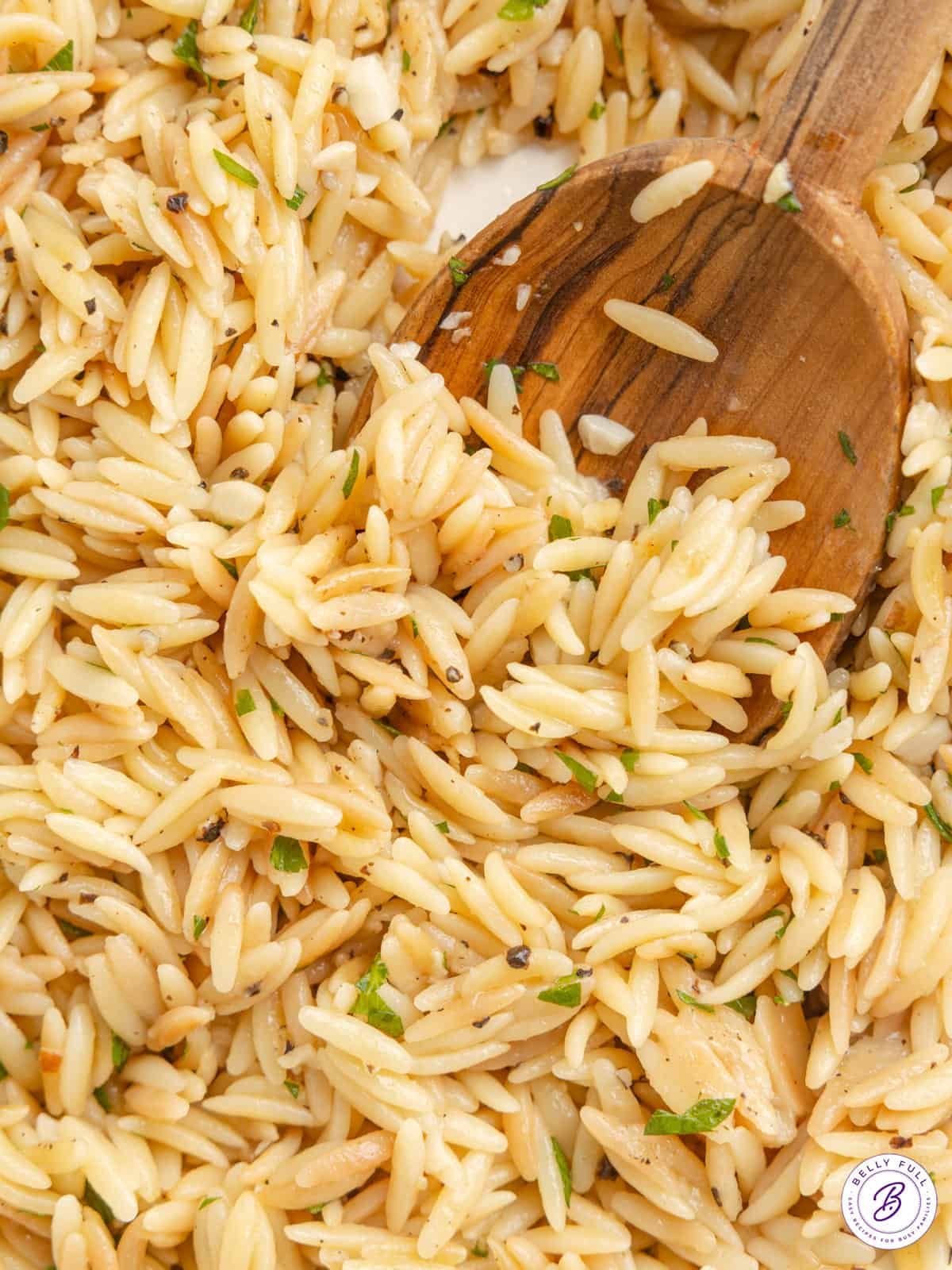
4. Quinoa: A complete protein and a fantastic source of carbohydrates, making it ideal for energy and overall health.
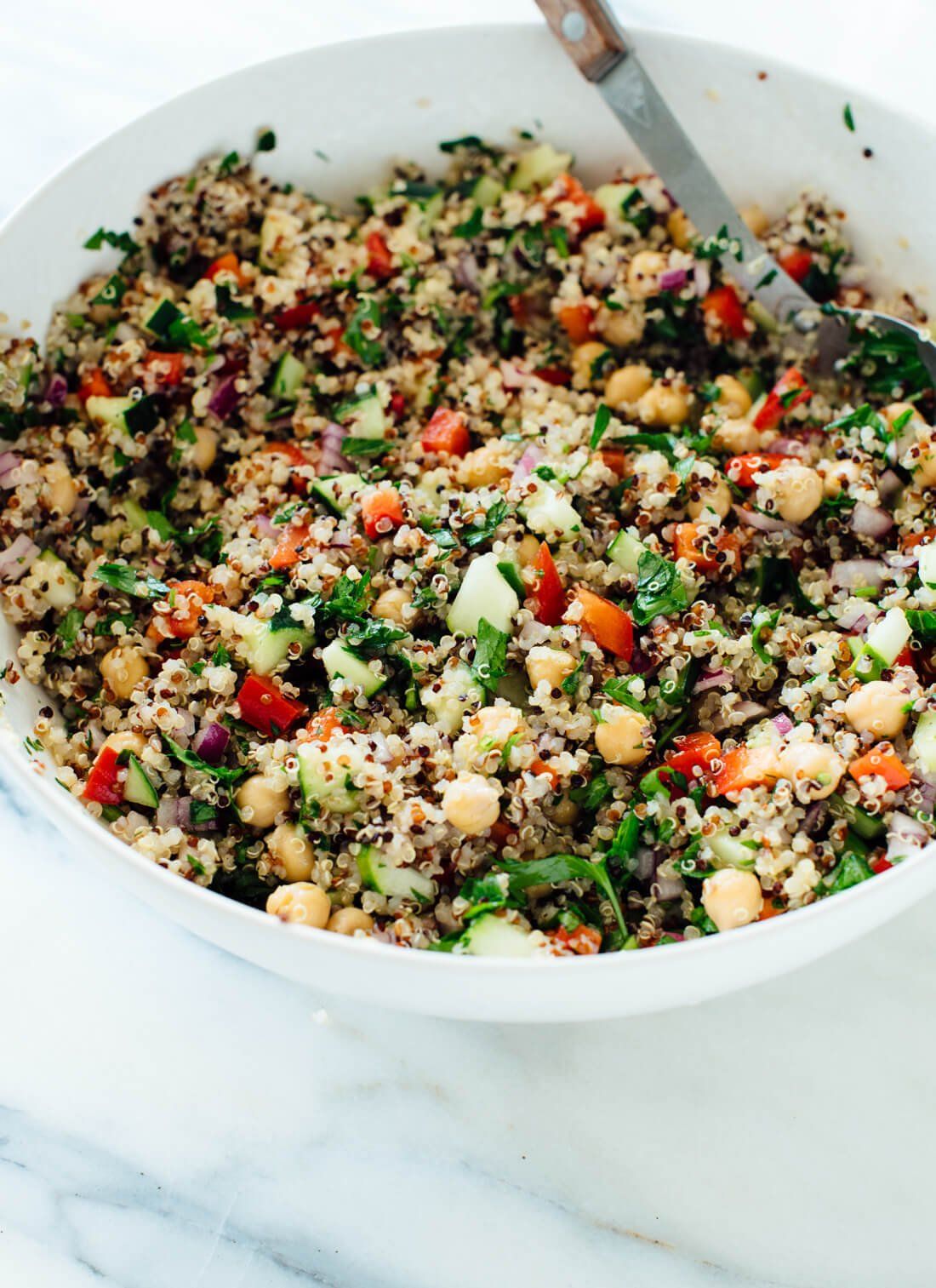
5. Oatmeal: Rich in fiber and provides long-lasting energy, also helping in cholesterol management.
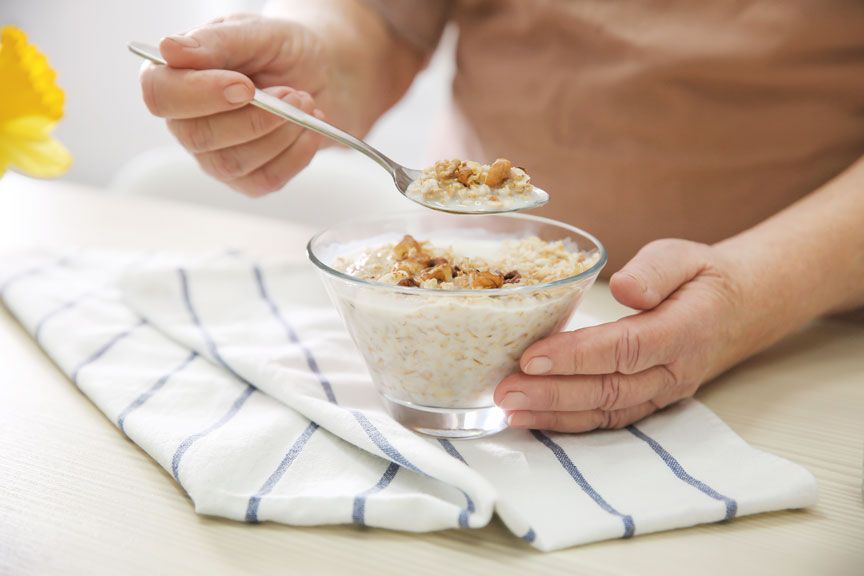
6. Apples: A great source of simple sugars and fiber for a quick but balanced energy boost.
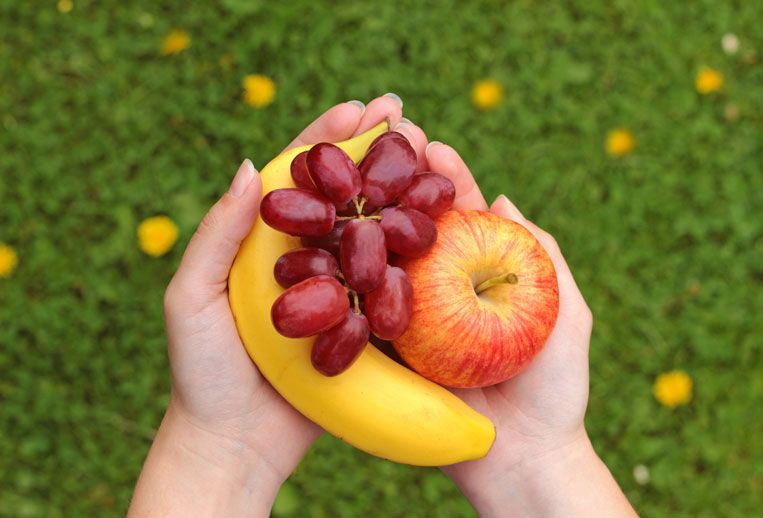
7. Bananas: Packed with potassium and carbohydrates, they are perfect for a pre or post-energy boost.
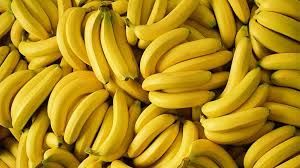
8. Berries: Loaded with antioxidants, fiber, and carbohydrates, berries are great for sustained energy.
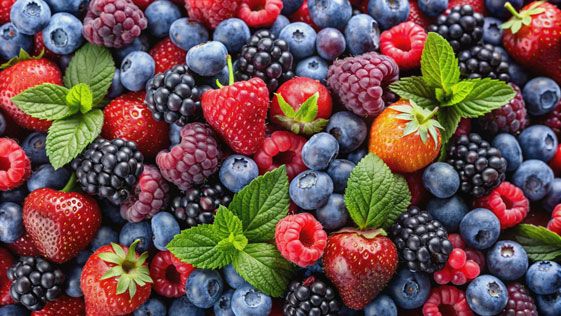
9. Broccoli: Besides being a good source of fiber, it also provides carbs and is rich in vitamins and minerals enhancing overall energy.
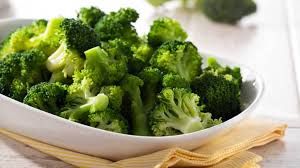
These foods not only boost energy but also contribute to overall health, making them excellent choices for inclusion in a balanced diet for the elderly. Incorporating these into daily meals can help meet energy needs effectively.
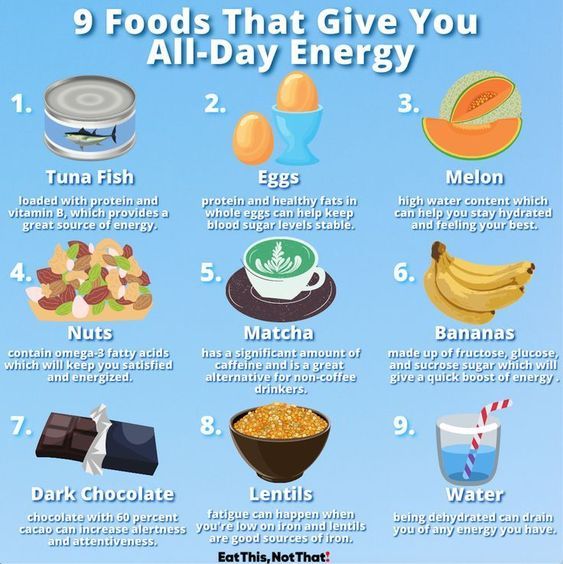
To optimize energy throughout the day, consider these tips from dietitians:
Meal Timing: Eat regular meals and snacks every 3 to 4 hours to maintain stable blood sugar levels, which can help prevent energy dips.
Portion Control: Eating portions that are too large can lead to fatigue as the body works to digest, so keep servings moderate.
Food Combinations: Combine complex carbohydrates with proteins and healthy fats at every meal to ensure a steady release of energy. For example, pairing whole grain bread with turkey and avocado provides a balanced mix of macronutrients.
Nutrient-dense snacks can also play a crucial role. Consider snacks like a handful of almonds, a piece of fruit, or yogurt, which can provide a quick energy boost without the sugar crash associated with more processed snacks.

You can build each of your meals and snacks using the Dietitian recommended foods for energy in our list above. For meals you can have ¼ plate as a protein source, a healthy fat source and a carbohydrate source can be ½ your plate. Some studies have shown that increased omega-3s in the diet helped older adults to have better memory, processing speed, and structural brain measures.
By choosing something from each category you will ensure that your body uses the energy foods for seniors in the best way possible!
An example of a meal could be baked salmon cooked with olive oil, with a side of rice and steamed broccoli. This will help to ensure that you are meeting the high-energy diet recommended for seniors!
Choosing the right foods and maintaining proper hydration are crucial for boosting energy in seniors. By incorporating a variety of nutrient-dense foods and staying hydrated, seniors can significantly enhance their vitality and improve their quality of life. Experimenting with recommended foods and meal ideas can help identify what works best for each individual.
However, consulting with a dietitian is advisable to tailor nutritional plans to specific health needs and preferences, ensuring that dietary adjustments are both effective and enjoyable. This personalized approach can help seniors maintain independence and thrive in their later years.

Michelle Saari is a highly experienced Registered Dietitian based in Canada, specializing in nutrition for aging well. She holds a Master’s Degree in Human Nutritional Sciences from the University of Manitoba and has completed a Dietetic Internship at the Northern Ontario School of Medicine. She also holds a Bachelor’s Degree in Human Nutritional Sciences and a Bachelor of Science in Biology from the University of Manitoba. With over six years of experience as a Clinical Dietitian at the Winnipeg Regional Health Authority, Michelle has extensive knowledge in nutrition education and food services. She has also served as the Director of the Food and Nutrition Services Department, where she led numerous initiatives to improve patient care through targeted nutrition strategies. She is the founder of two elderly nutrition-focused health blogs, The Dietitian Prescription and The Long Term Care RD. Through these platforms, she creates engaging and informative content that bridges the gap between scientific research and practical dietary choices. She is passionate about promoting health through evidence-based nutrition advice, specializing in high protein, high fiber, and low Glycemic Index cooking. Her expertise has been recognized by prominent media outlets, including Forbes, Fox News, Men’s Health, Yahoo, MSN, She Finds, Eat This Not That!, U.S. News and World Report, and AskMen.com. She has also been a featured guest speaker at esteemed events such as the North West Renal Dietitian's Annual Conference and the Dietitians of Canada Annual Conference, where she presented her thesis research.


Unlock expert insights and tips with our exclusive ebook. Enter your email to get your free copy.
Please check your email for a welcome message from Modern60. If it's not in your inbox, kindly check your spam or junk folder
There are no comments yet